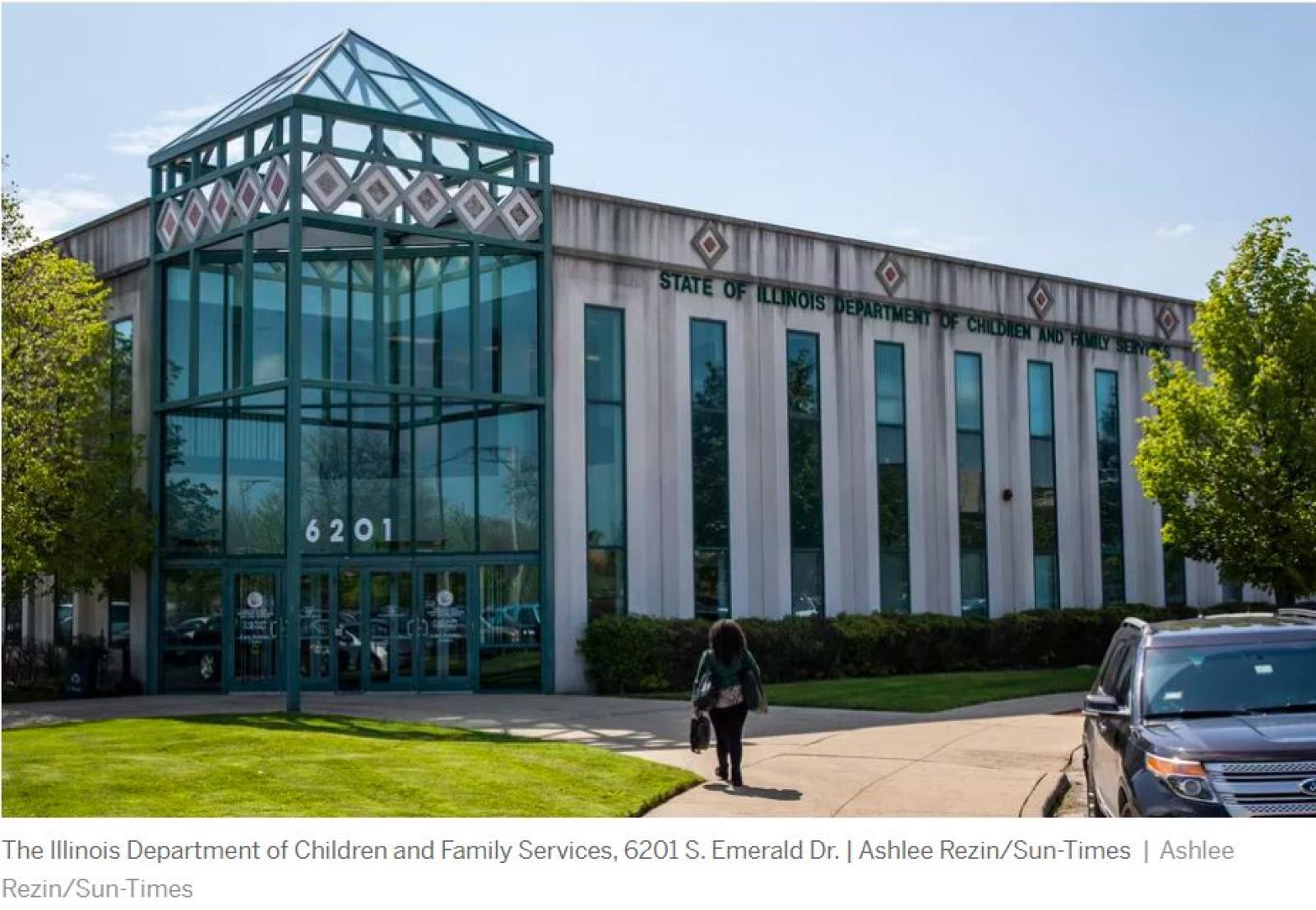
Whenever a crisis hits, it is the most vulnerable among us that are hit the hardest. This is happening now to poor families involved with the Department of Children and Family Services.
Since March, when the COVID-19 pandemic intensified, children who were taken from their parents by DCFS have not been allowed to have supervised visits with each other or their siblings. In a blanket order, DCFS banned all supervised visits between children, parents, and siblings.
Banning supervised visits significantly harms the bond between parent and child and sets vulnerable families up for failure.
As the Cook County public defender, I represent nearly 3,000 parents whose families are DCFS-involved. My clients are poor, and most are parents of color. The visitation ban has negatively impacted already fragile families depriving them of much needed time to bond and stay bonded with their children.
Many parents have very young children who cannot communicate via phone or video conferencing, and because of this ban they are deprived of the opportunity to see, touch and hold their young children. Even mothers who breastfeed their infant children are prevented from doing so.
The Children’s Bureau of the United States Department of Health and Human Services has provided guidance on how foster care cases should be handled during this crisis. The Children’s Bureau explained that child protection courts should continue with their mission of reuniting families and doing the business of child welfare agencies.
As the Children’s Bureau has advised:
“Family time is important for child and parent well-being, as well as for efforts toward reunification. Family time is especially important during times of crisis. The Children’s Bureau strongly discourages the issuance of blanket orders that are not specific to each child and family that suspend family time; doing so is contrary to the well-being and best interest of children, may contribute to additional child trauma, and may impede the likelihood of reunification.”
Gov. J.B. Pritzker was one of the first leaders in Illinois to point out that COVID-19 has affected African American families more than any other population in the nation. This DCFS order disproportionately affects African Americans, causing more children to be separated from their biological parents and siblings, aggravating an already tragic and dire crisis in the community. The order serves to worsen the fabric of economically depressed and medically underserved African American communities.
Denying family contact is a horrible misplaced priority that should not be part of our state’s policy. Included in permissible activities during Pritzker’s stay-at-home order are playing golf, purchasing cannabis, getting take-out food and going to a hardware store, yet poor families are banned from visiting their children. This is not acceptable.
Supervised visits can be done in a safe way, like all the other acceptable activities permitted during the shelter-in-place order. If we can safely prepare and distribute food, we can safely allow parents and their children to visit one another.
Whenever a crisis hits, it is the most vulnerable among us that are hit the hardest. It doesn’t have to be that way.
DCFS must end its ban on supervised visits between parents, children and siblings
